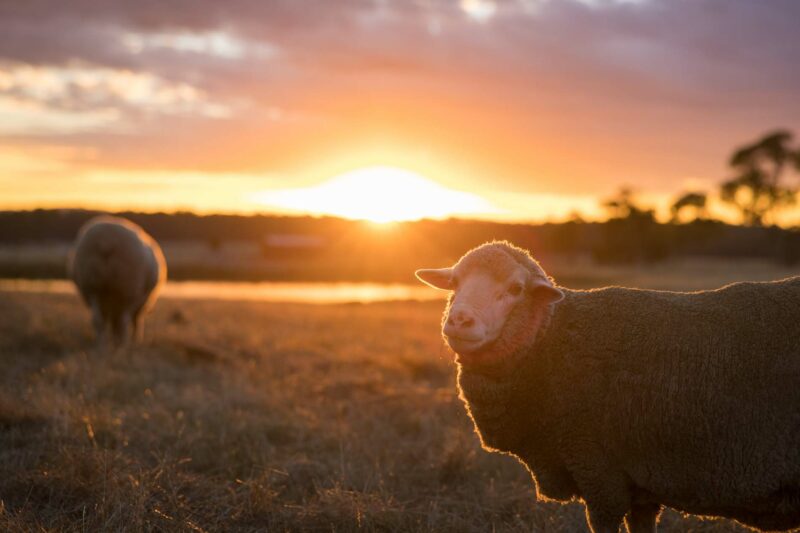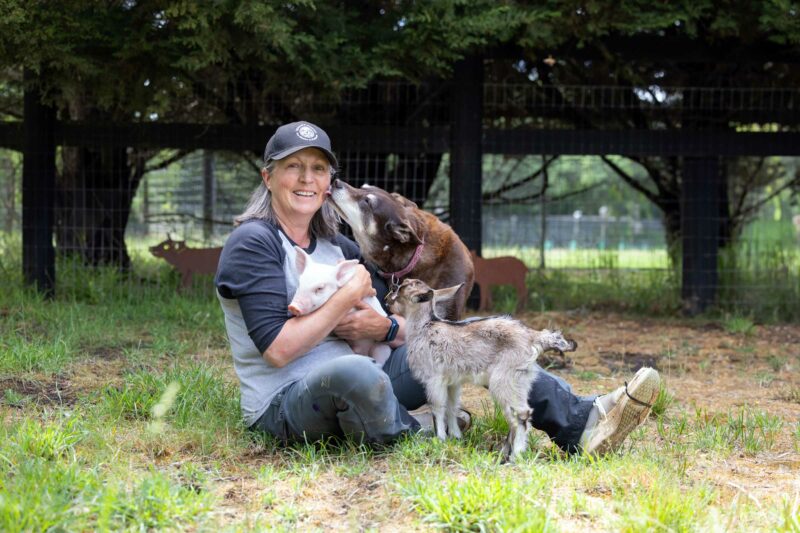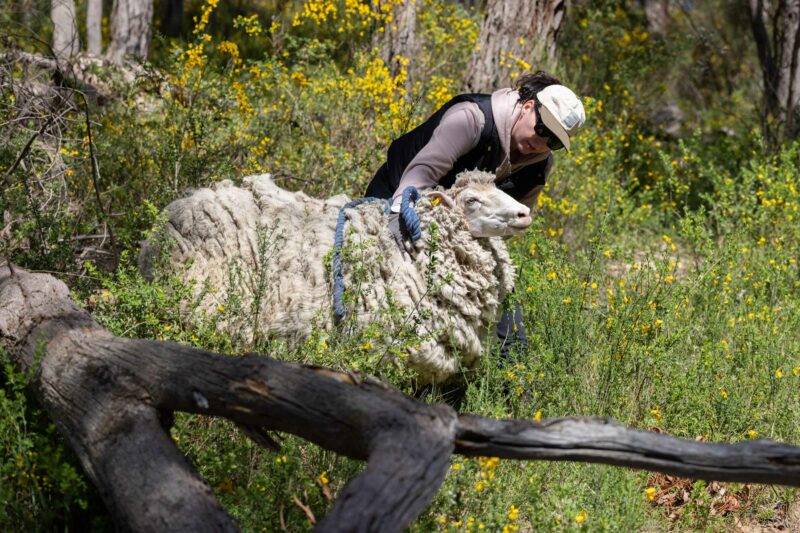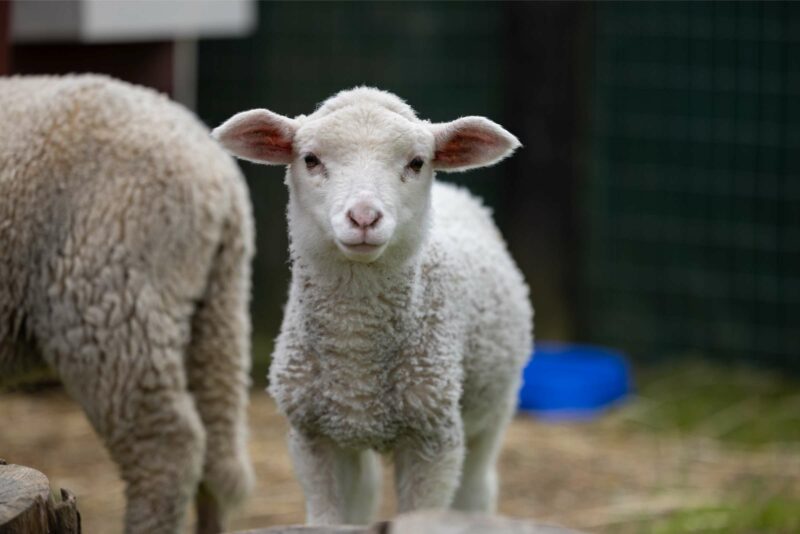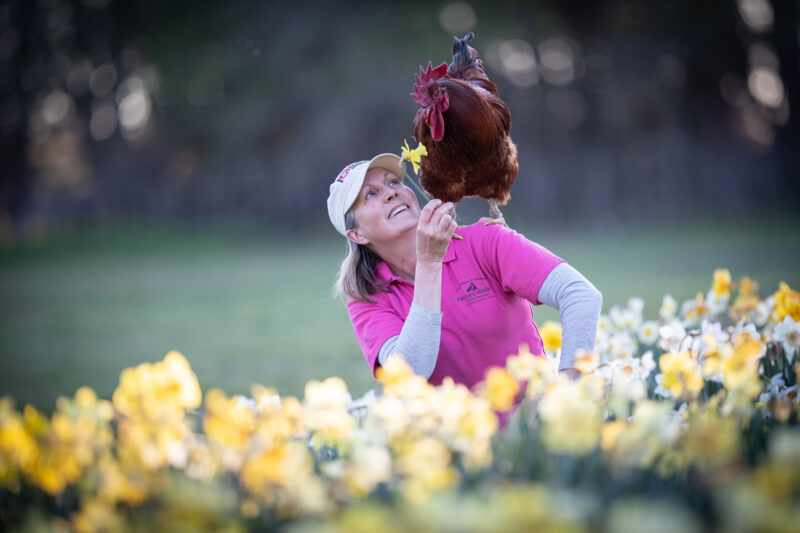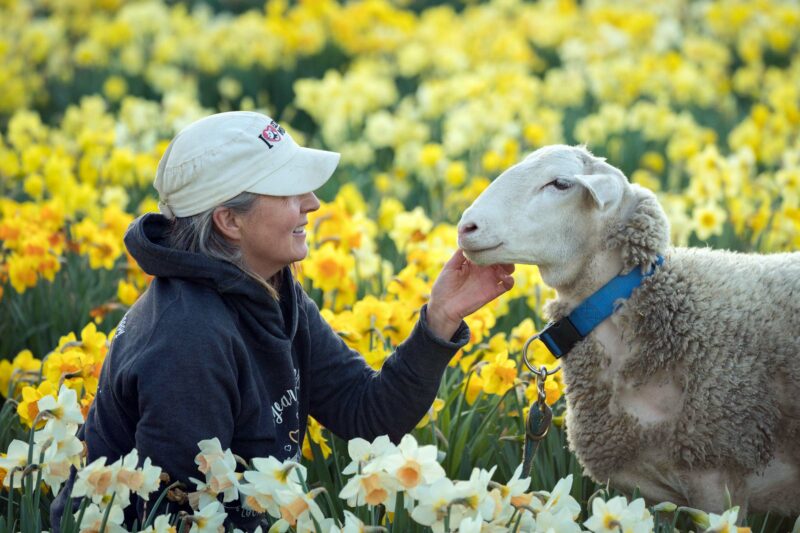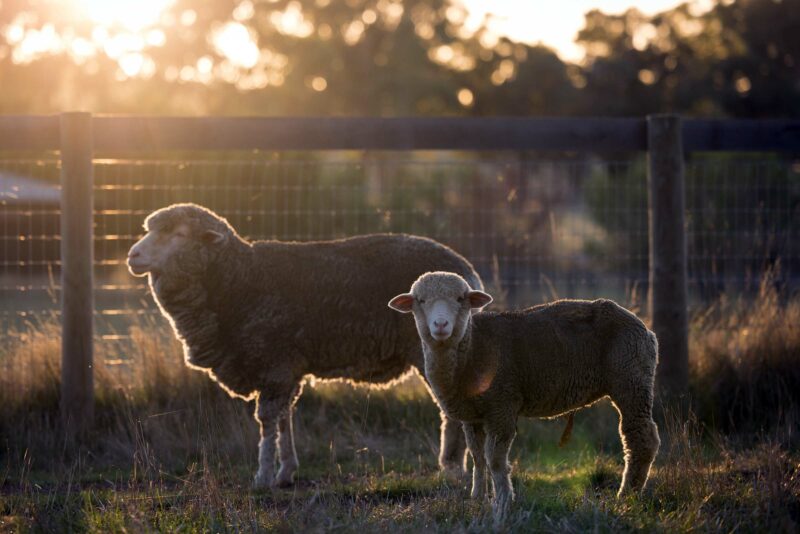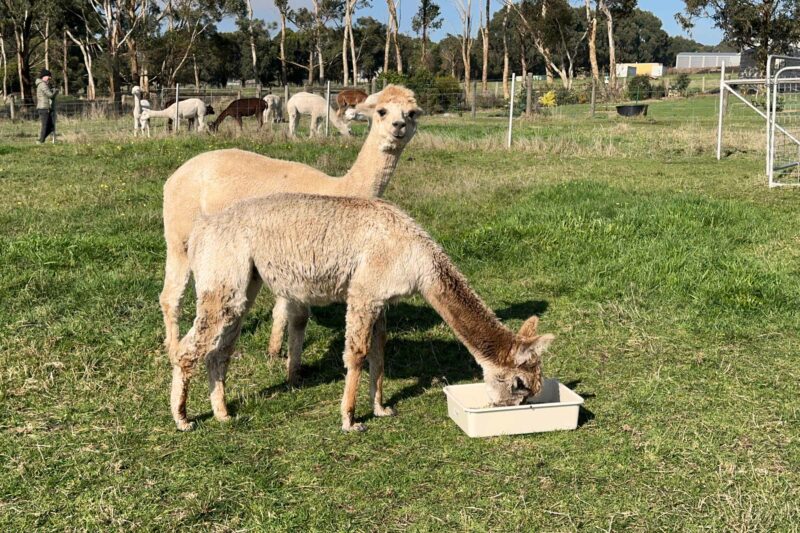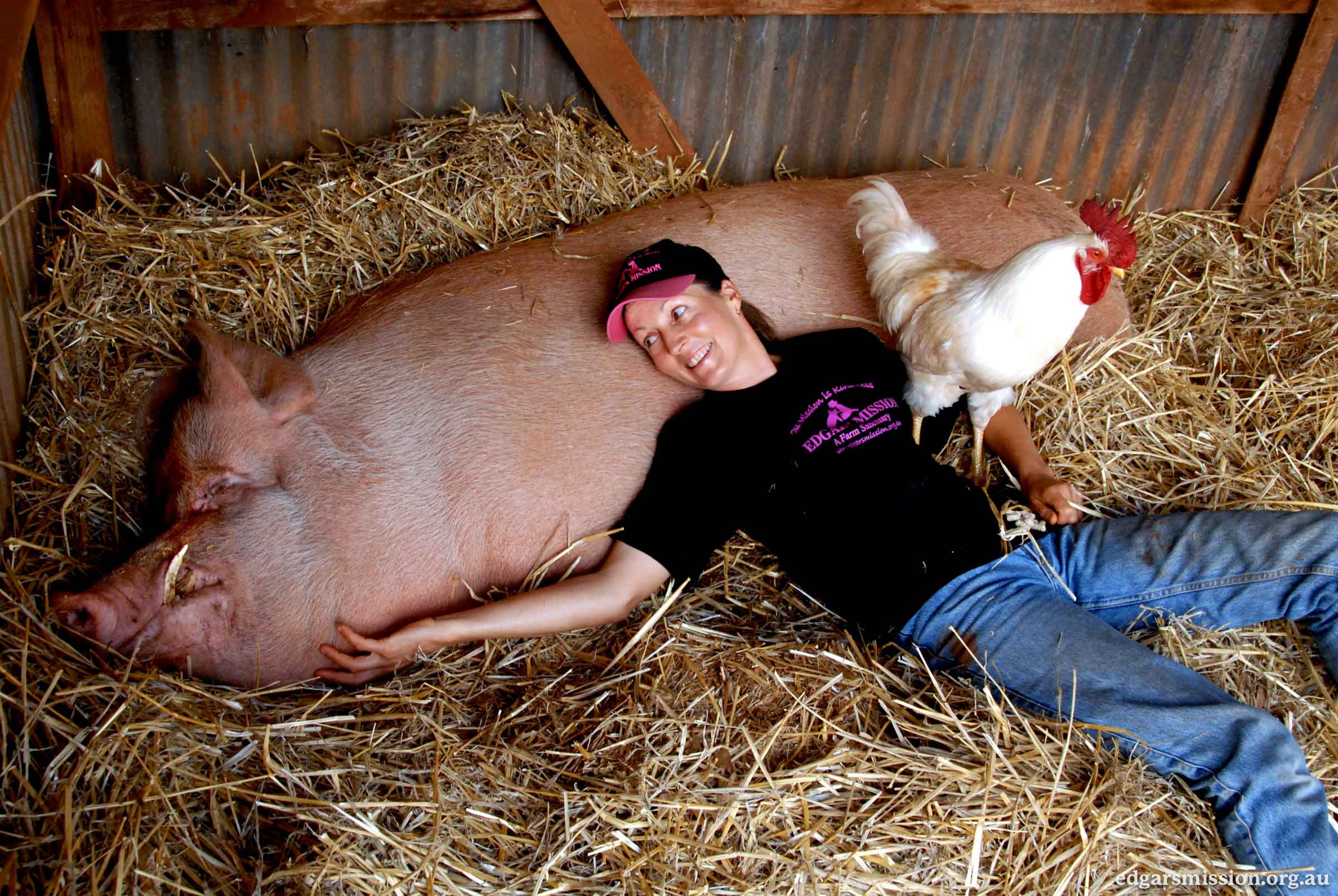
What If?
As an animal-loving five-year-old, on being told I could not have a pony, I eyed my scooter with one eye. My mother wouldn’t even let me have a bicycle, so I guess you can see why that pony was out of the question. And with my other eye the kitchen stool and thought, ‘What if?’. Grabbing a pair of my mum’s pantyhose and whipping the wheels from my scooter, with some ingenious refashioning I made a saddle, and that kitchen stool, she became my pony.
From that moment on, my life has been filled with profound ‘what if?’ moments. Not the least has been examining humanity’s relationship with the other animals of this world, as I repeatedly asked myself, what if we have got it all wrong?
In 2003 a pig trotted into my life and tugged on his leash and my heart strings in a direction I could never have imagined. To say I loved that pig is an understatement. To put this in some perspective for you imagine a favorite cat, dog or bunny rabbit you had in your life, times it by a zillion, put it on steroids, pump it up a bit more, and you are coming somewhere near my love and affection for that pig.
I named him Edgar Alan Pig and I would take him for walks in the park with my little dog ET. People would come from everywhere to marvel at Edgar and his unique brand of pigginess. They would stop what they were doing and come over and rub his belly. And Edgar would offer his deep guttural piggy grunts when they hit the right spots. People were amazed at how friendly and cheery Edgar was. I would hear things like, “oh my, he’s so clean”, “he’s so smart”, and “he’s better than my boyfriend”.
And this got me thinking that people never really get a chance to know who pigs really are. Yet they determine how these gentle, fun-loving, oh so fun-loving animals live. And die.
But what if people did get to know animals like dear Edgar? I mean really get to know them as the unique individuals they are. Would pigs get a better deal?
Edgar loved going for walks in the park. Both he and ET knew their names and occasionally, when it was their wont, they would answer to them. They loved sitting on the couch watching TV. When it was hot, I would put the air conditioner on to keep them cool and when it was cold, I would stoke up the fire and they would curl up in the basket in front of it together to keep warm.
For all intents and purposes, they were the same, except for one stark reality.
They looked different. And society has used those outward differences to justify the treatment afforded them. For my little dog, our society has labelled him as a pet, and for my glorious pig, well, he drew the short straw as society has labelled him a food production animal.
Coming to know Edgar and a cast of other formerly farmed animals as I have been so incredibly fortunate to have done, I have to ask: what if we have gotten this wrong?
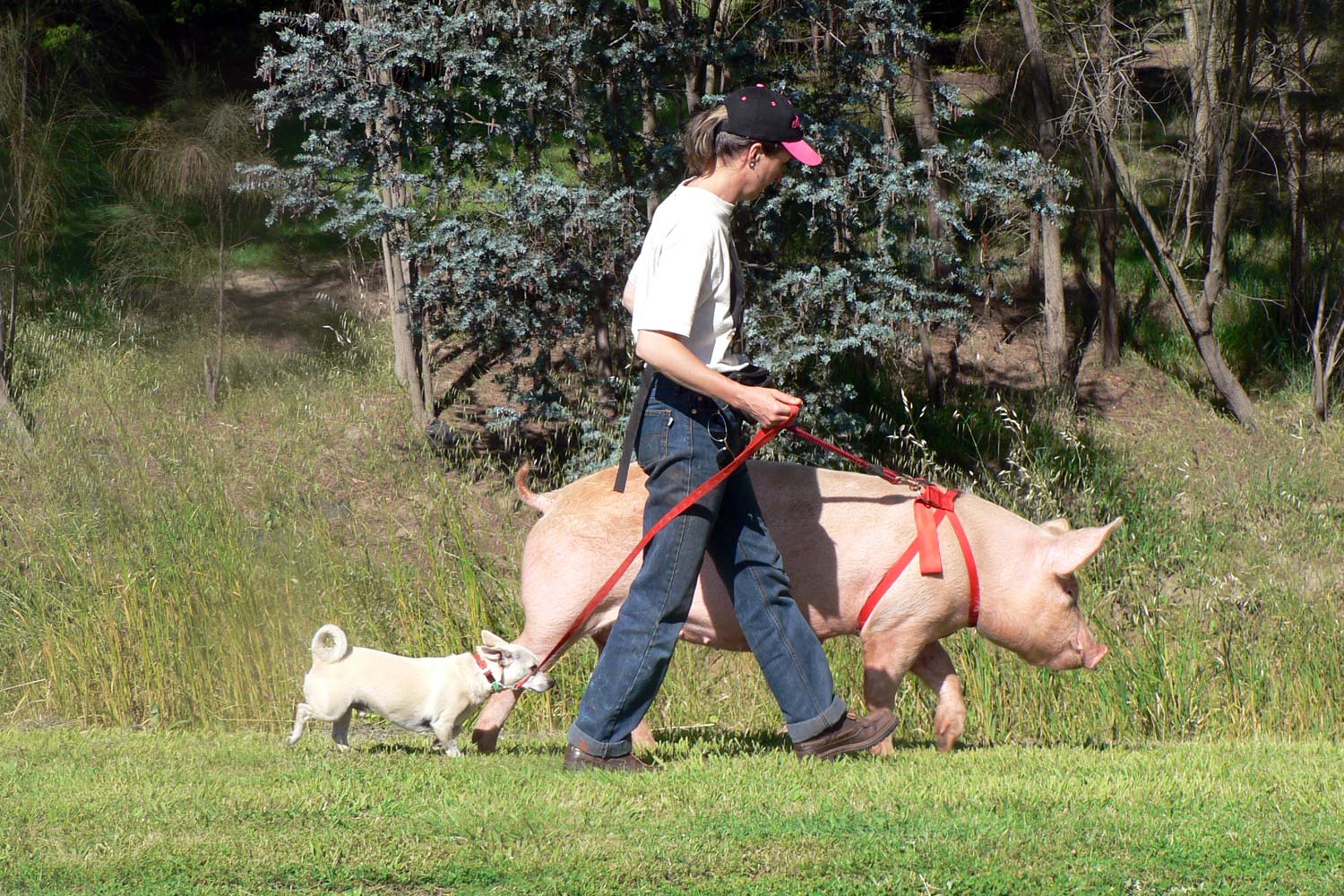
Throughout history, one of the great determinants of a society’s ethical progress has been its ability to embrace those once considered different based upon external appearance.
From the colour of one’s skin, to the religion one follows, to gender – society has found these are no justifications for different treatment or consideration. It has been said that today animals sit at the forefront of our next great social justice movement. Because when it comes to them, we really have been guilty of playing favourites.
We have provided affection and protective legislation to some, based upon their form and our familiarity with them. And we have withheld affection and protective legislation from others, based upon how we intend to use them. These things have nothing to do with the animals themselves or their ability to experience the world and all of its magic. But for too long these things have been the arbiter of their treatment and our perceptions, circumventing our inherent compassion and ethical thought.
We look in horror at countries that truss up cats and dogs in rope and wire for human consumption; we are aghast at nations that incarcerate bears in tiny metal cages for the extraction of their bile; and we sign petitions against the harpooning of whales, which causes them to die slowly and painfully.
What if we took the people who did those things to animals and walked them through our modern factory farming facilities or slaughterhouses? What if we looked behind the labels free-range, organic and grass-fed? Would we still find animals being bent to our will? See their suffering and death? Is our moral compass any better, or have we just become better at kidding ourselves it is?
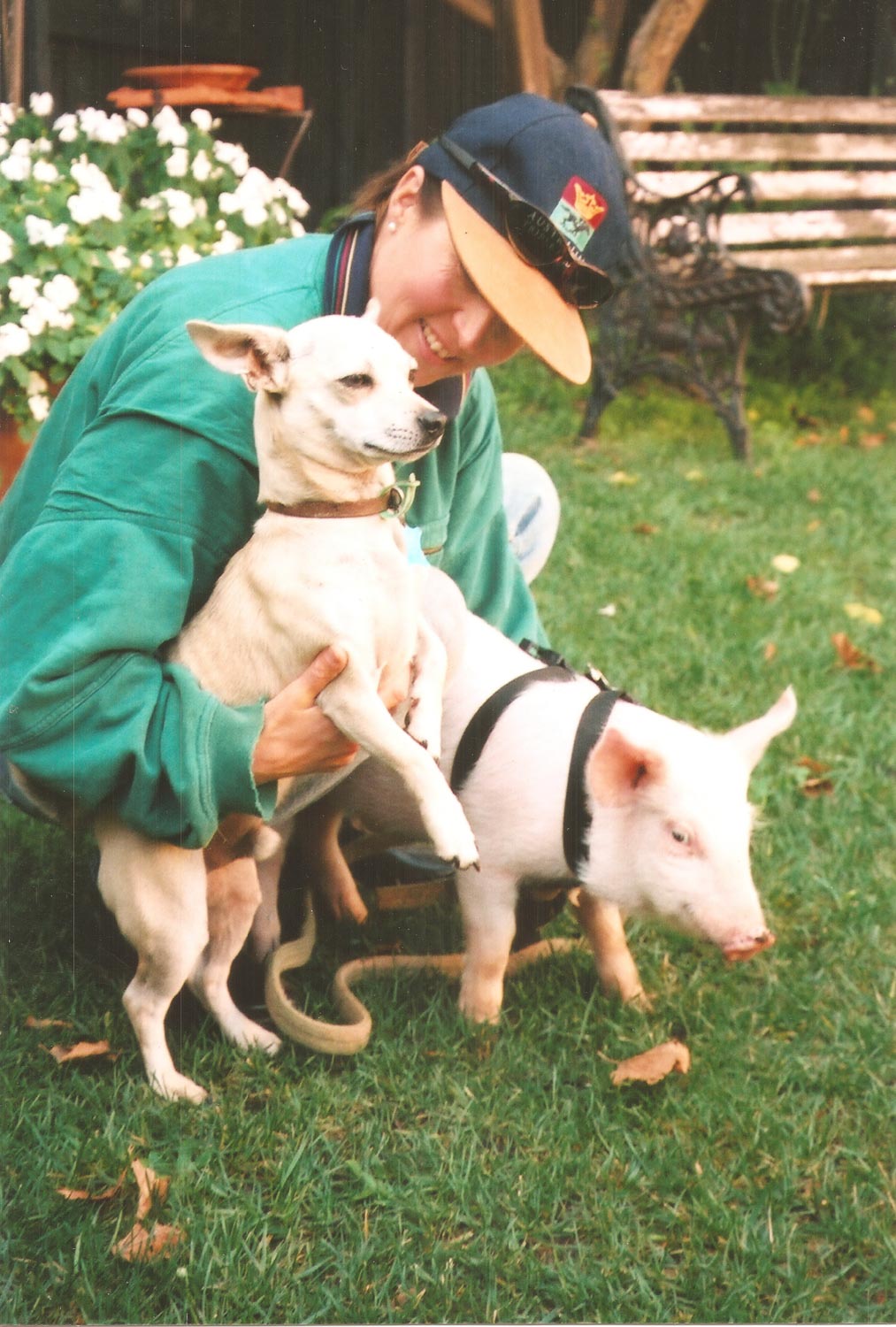
What if I were to tell you that science informs us that many animals, and this includes aquatic animals, have similar neurological substrates in their brains as to our own. In short, they are sentient. All of which means that, given the chance they can and do lead rich, deep and emotionally charged lives.
Even if you are still undecided on all of this, shouldn’t we err on the side of caution simply because of the untold suffering and death we cause to animals, if we are wrong?
What if I was to tell you that chickens are affectionate? And they can be trained to count – I know, it blew me away when I not only learned of this but saw it first-hand. I know of a chicken who could peck out, with 100 % accuracy, the number of dots on a randomly tossed dice. 100%!
And this wasn’t a chicken who had led a charmed life. No, she was rescued from a battery hen farm after the farmer had an epiphany one day whilst walking through one of his sheds. He stopped for a moment and looked one of his many chickens in the eye, and for the first time ever, he did not see a production unit before. Rather he saw a living, breathing, feeling animal, who deserved none of what he had afforded her. And right then and there he asked himself, “What if I find another way of making a living?”
And he did – he now grows tomatoes.
And that chicken, her name was Little Miss Sunshine.
And what if I told you that mother cows truly love their babies and suffer terribly when they are taken away from them as they are in the dairy industry, so the milk that mother cow intended for her baby could be forcibly taken for humans? And those doe-eyed, sweet and gentle babies, well, they are treated as a waste product.
The first mother cow I met who showed me, without a shadow of a doubt, how much she loved her baby is named Clarabelle. She was a one time dairy cow who got to live out her life at a sanctuary, but she arrived there pregnant. When she had her baby she hid her in a forest so humans could not find her and take her away, like every one of her previous babies had been taken away. But this time was different, and she did get to keep this, her last baby.
Or what if I told you that sheep and cheeky little lambs will wag their tails with joy just like dogs when they see their favorite human? But unlike dogs they can legally have their tails cut off without any anaesthetic or pain-relief? I have an orphan lamb who currently follows me just about everywhere, and yes, you guessed it, she wags her tail in delight when she sees me. Her name is Kansas.
There is no doubt that our current treatment of animals is based upon old ways of thinking, but what if we refuse to consign ourselves to this way of living?
Carn the pies!! Now I was just starting to make sense, wasn’t I? But there’s a story here. You see when I was a small child, I would go around the house saying, “carn the pies, carn the pies”, and the reason I did this was because my dad barracked for Collingwood, and dad was cool, as all dads are. I figured it was an Ahern family tradition to barrack for Collingwood.
But then I stopped and thought about it. Really thought about it, and well, Collingwood, I determined, wasn’t that cool of a team. In fact, I didn’t even like football. When I came to think about it, I would much rather be grabbing my scooter, whipping the wheels off it, “borrowing” a pair of my mum’s pantyhose and riding my imaginary pony about the kitchen.
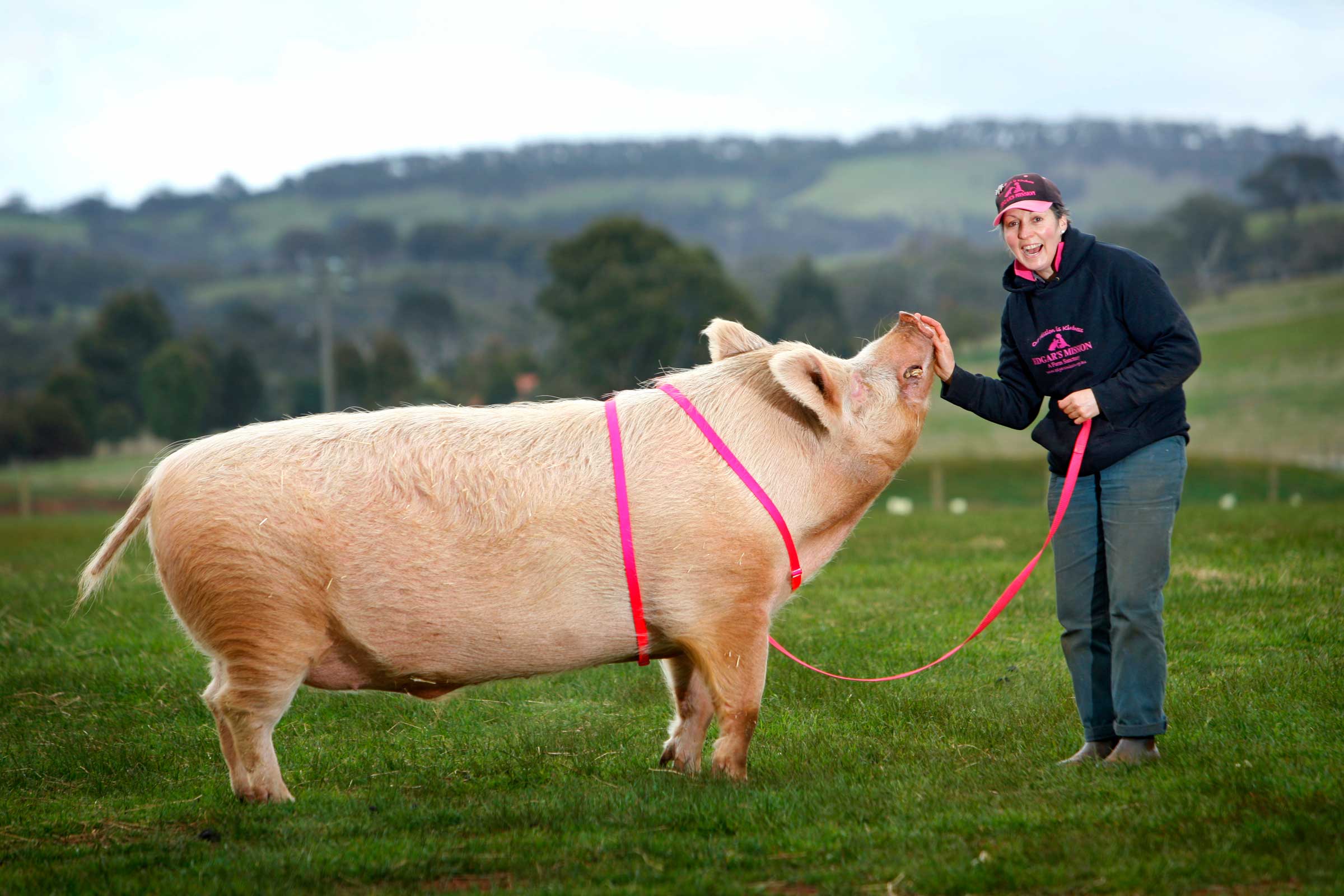
However, my foray into football is so symbolic of the many things we do and believe in our life, even the foods we eat – values we have inherited from others and never really thought that much about.
Yet when we have the courage and compassion to do so, we also have the ability to change. To rewire our brains through neuroplasticity and in doing so find our true north.
What if we recognise that the greatness of our humanity lies not in how we treat those we consider our equal, but in how we treat those most vulnerable, those we can overpower and manipulate, and those least listened to amongst us – the animals.
If we wrong another human, there are means for them to seek redress. But when it comes to the animals whom we have labelled “farmed”, we can do just about anything to them. We can profit from their suffering and death; we can get away with their neglect; we can subject them to weather extremes in vast paddocks or crammed into tiny feedlots with no of means to protect themselves from the elements; we can selectively breed them to have bodies designed which are incompatible with their own good health; we can cast them into large ships destined for far-off countries with cultures and climates vastly different to our own; we can separate family and friends; we can deny them means to satisfy their natural behaviours; we can be their harmers and hurters. And no-one will blink an eye.
But what if we can choose not to?
What if we rise to the best within us and become the helpers and the healers of this world, and we can do this by answering one simple ‘what if?’ question, one that I trust will find a place in your hearts and help to guide your thoughts and actions. And that question is this: “What if we could live happy and healthy lives without harming others – why wouldn’t we?”


